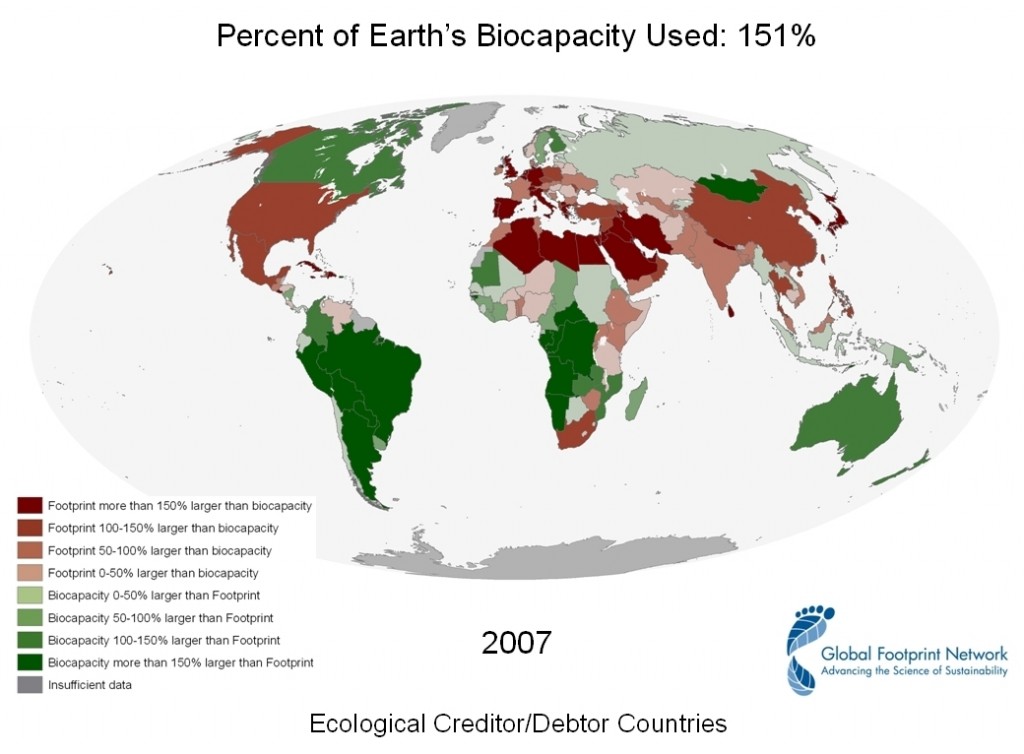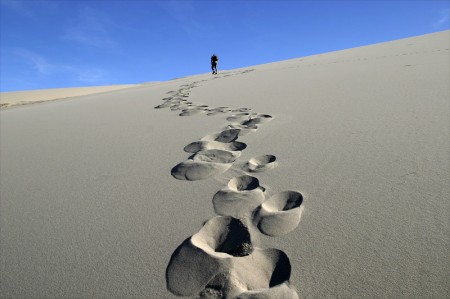
This article was originally published by E-International Relations.
In recent years, the idea that issues such as climate change might pose a threat to security has become prominent, and environmental issues more broadly have featured significantly in debates about redefining security since the 1980s (Mathews 1989; Myers 1989).
Traditionally, approaches to the relationship between security and environmental change have asked whether and how environmental issues constitute a security threat. This is a bad place to start, for two reasons. First, it suggests that we as analysts can establish criteria for defining security, ignoring the social construction of security: the fact that different political communities understand security in different ways, and that the same political communities change the way they understand security over time. A fixed and abstract definition of security is therefore inconsistent with the need to come to terms with how security is approached in practice (see McDonald 2012).



